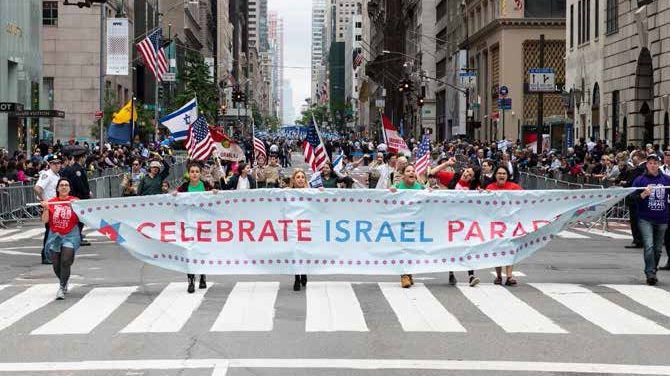The relationship between Israel and the American Jewish community has been central to the ability of both communities to develop and flourish over the past 70 years; it is likewise vital to the national security of Israel and the entire Jewish people. The current generation has witnessed increasing trends of distance and alienation between Israel and American Jewry, a weakened connection and sense of mutual belonging, and the decline of responsibility and involvement between the two communities. These join the challenges concerning the continuity of the American Jewish community and its political and social influence within the United States.









